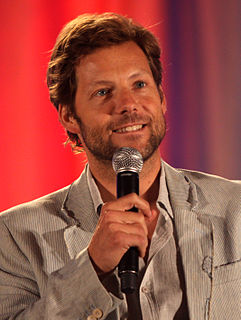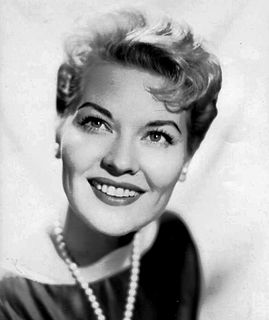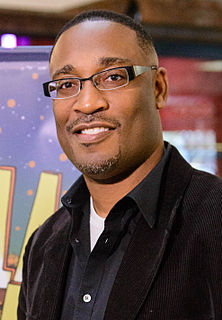A Quote by Virginia Postrel
The mere existence of 'Buffy' proves the declinists wrong about one thing: Hollywood commercialism can produce great art. Complex and evolving characters. Playful language. Joy and sorrow, pathos and elation. Episodes that dare to be different - to tell stories in silence or in song. Big themes and terrible choices.
Related Quotes
I just felt like, you know, I read a lot of scripts out in L.A., out here in the industry and I just felt like this film was just being genuine. I just felt like it had really great characters. And all the three different characters have completely different stories and they're all kind of intertwined together thematically. So I just thought it had great characters, great themes
We learnt a lot because we got in with real choreographers who tell you what they need from a song, because a song has to advance the story. Then real directors like Mike Nichols tell you where you can have 'B themes' and 'C themes', and we go oh yes, B themes and C themes! So we were taught in the finest school amongst the finest people. And also by the school of experience.
I really am just trying to tell stories. But stories are often grounded in larger events and themes. They don't have to be - there's a big literature of trailer-park, kitchen-table fiction that's just about goings-on in the lives of ordinary people - but my own tastes run toward stories that in addition to being good stories are set against a backdrop that is interesting to read and learn about.
This is the doctrine of Christian Science: that divine Love cannot be deprived of its manifestation, or object; that joy cannot be turned into sorrow, for sorrow is not the master of joy; that good can never produce evil; that matter can never produce mind nor life result in death. The perfect man - governed by God, his perfect Principle - is sinless and eternal.





































